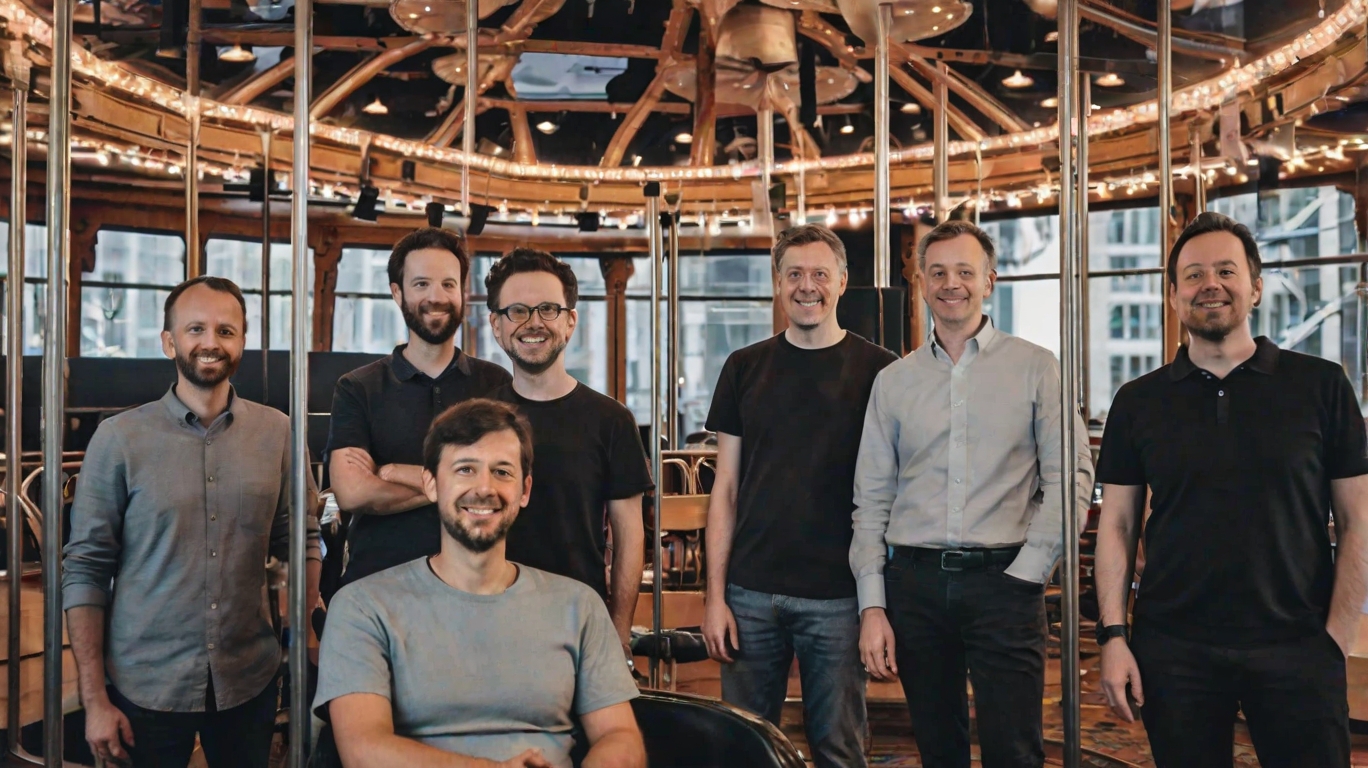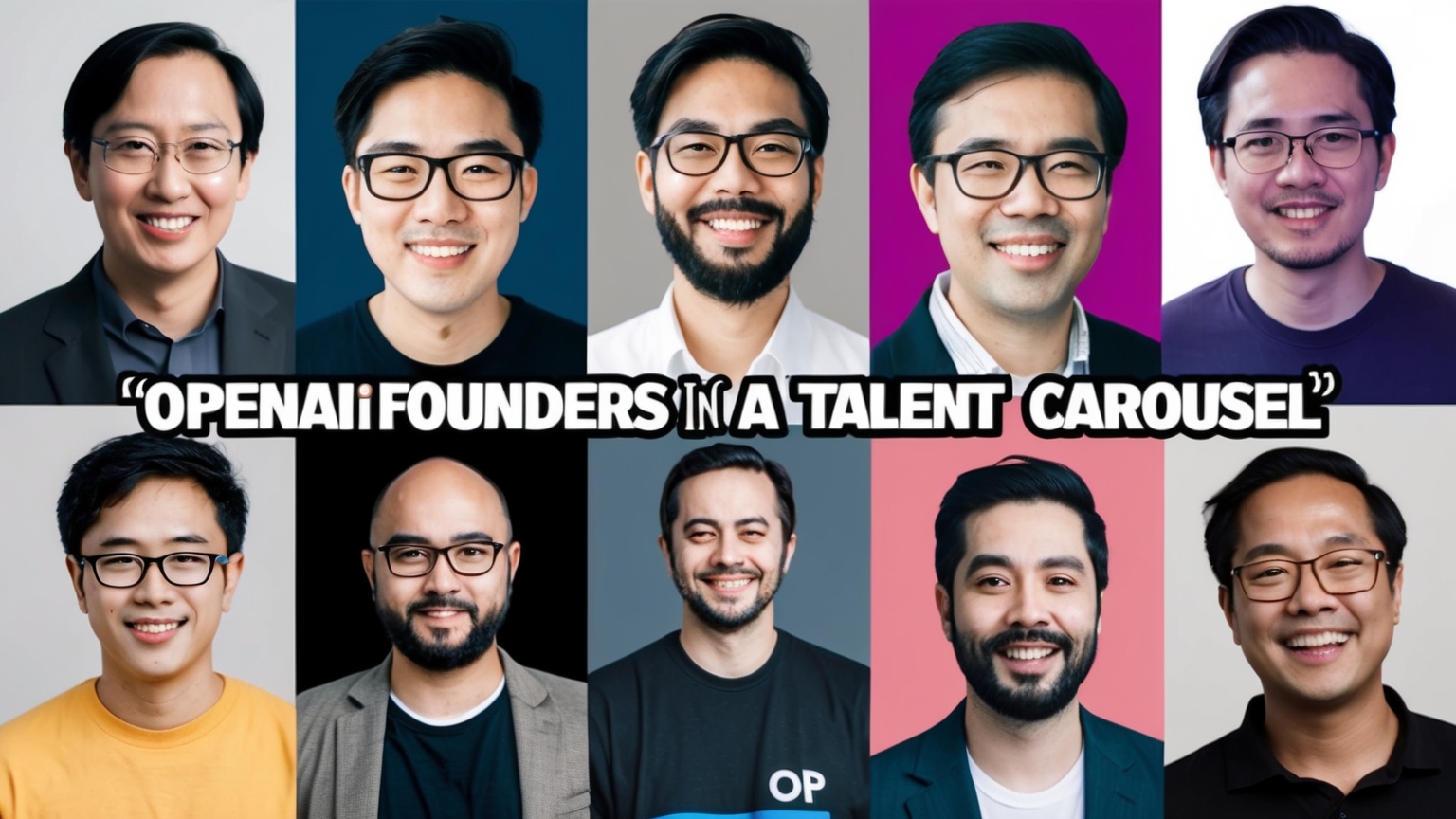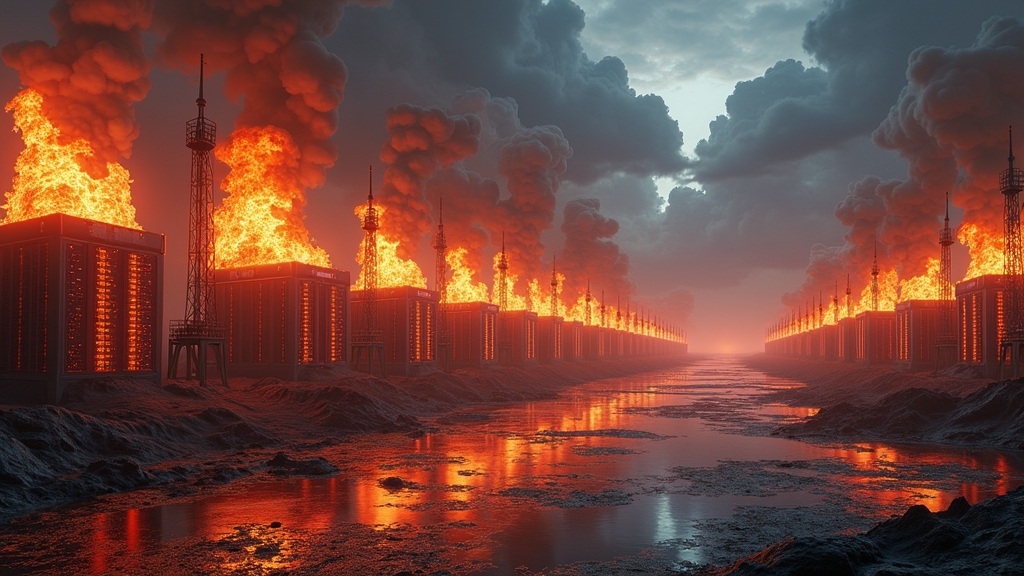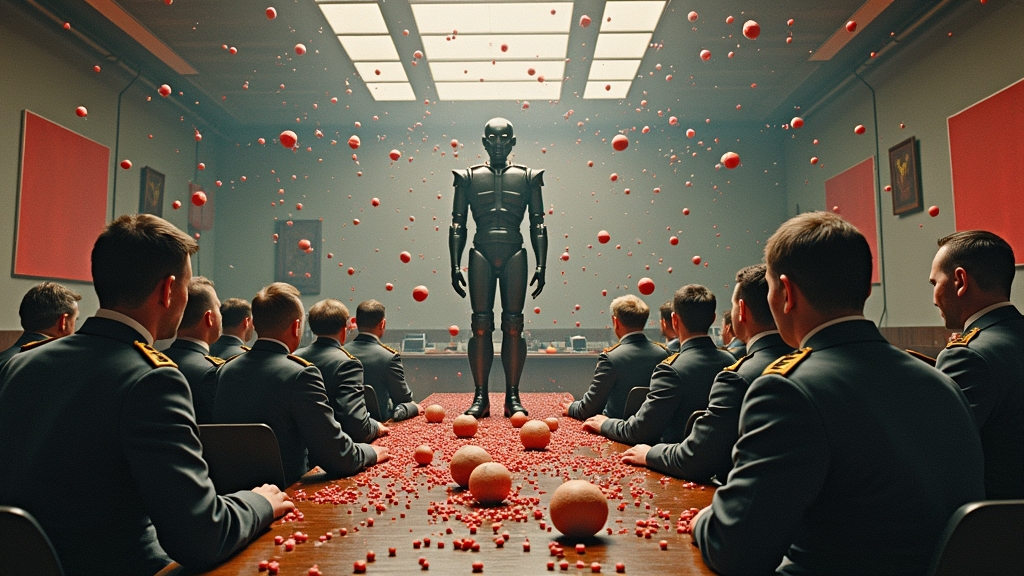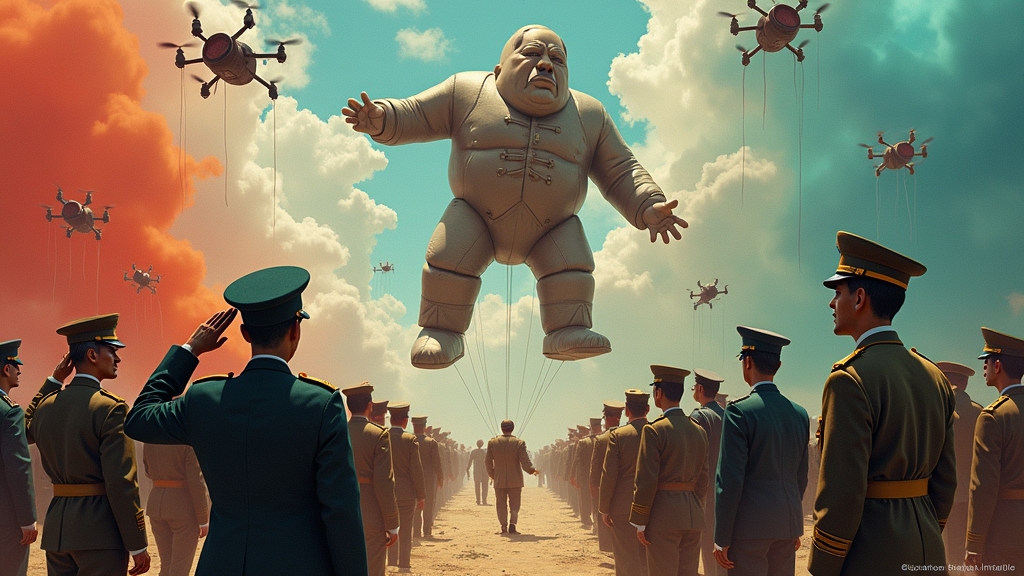OpenAI Offices Become Revolving Door as Co-Founders Play Musical Chairs to “Find Themselves”
In what experts are now calling a case study in corporate musical chairs, OpenAI is seeing an exodus of leaders that’s starting to resemble a soul-searching retreat for tech millionaires. Co-founder John Schulman has apparently misplaced his AI enlightenment in OpenAI’s labyrinthine halls and has gallivanted off to rival startup Anthropic, likely to see if “Anthropic” means “they don’t run out of avocado toast in the break room.”
Greg Brockman, another OpenAI co-founder and apparently a part-time Houdini, has decided to take an extended leave. Insiders speculate he might be taking up the noble hobby of dressing as a Victorian-era ghost to haunt the corridors of Silicon Valley, whispering “ChatGPT” ominously.
“It’s just to figure out who I am without all these algorithms constantly telling me what kind of shampoo I prefer,” Brockman was heard muttering as he walked out, mistaking a nearby potted plant for a concerned colleague.
Meanwhile, Peter Deng, who was last seen looking at his Google Calendar and realizing it was all too full of meetings, has headed for the hills. Allegedly, he joined Meta and then fled, possibly mistaking it for a yoga sanctuary.
CEO Sam Altman continues to reassure everyone that OpenAI is not, in fact, using revolving doors to fast-track departures. “We prefer to call them dynamic talent optimization portals,” Altman clarified, while drawing an intricate diagram that looked suspiciously like a game of Twister.
In related news, Elon Musk, the tech world’s resident lawsuit sommelier, has uncorked another vintage bottle of legal complaints against OpenAI. Musk alleges that they “forgot the real meaning of… what did we make again? Right, AI,” as he gestured generically towards his digital assistant, which promptly froze.
“This lawsuit is all about standing up for our original mission,” Musk stated at a press event, which was interrupted by a slideshow of his dog’s calendar shots, which is also inexplicably the subject of his next legal case.
While OpenAI navigates its existential crisis, one can only wonder if enrolling in a community art class is next on their agenda—to finally figure out who they really are, beyond silicon and server racks. Until then, the tech world watches, popcorn in hand, waiting to see who takes the next spin on OpenAI’s talent carousel.
